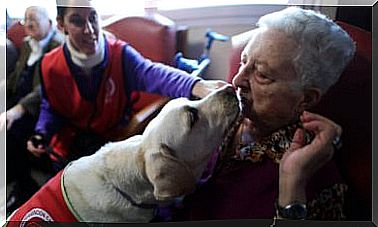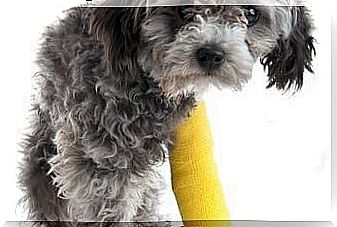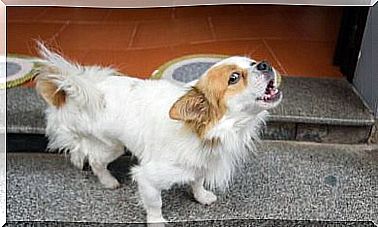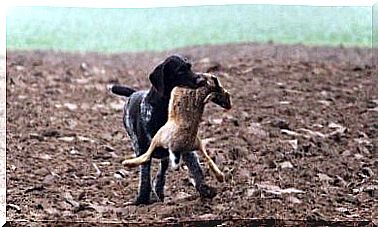Digestive Complaints In Dogs: Treatment And Prevention

Indigestion in dogs is a cause for concern for both pet owners and veterinarians.
This is especially true for digestive complaints and disorders, which are difficult to treat given the limitations of diagnostic procedures and their multiple causes. In today’s article we are going to look at the nutritional approach to treating and preventing these problems.
Indigestion in dogs and the role of the intestinal microbiota
The dog’s digestive tract is home to a unique collection of hundreds of types of unicellular microorganisms. This variety of microorganisms (bacteria and other microbes) is known as the intestinal flora or intestinal microbiota.
Today experts know that the intestinal microbiota is involved in a large number of processes. In fact, these range from body weight to mental health and much more. In other words, the balance of the microbiome affects almost every aspect of a dog’s health and wellbeing.
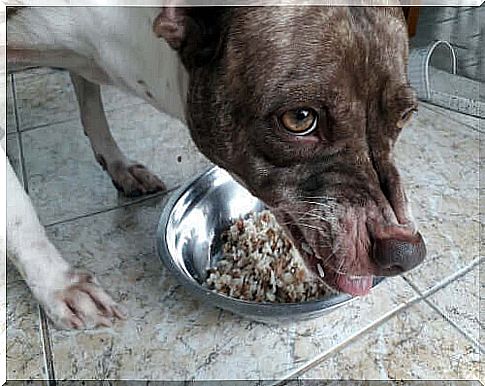
What factors can cause an imbalance in the dog’s microbiome?
If your dog is exposed to any of the following substances, it could lead to digestive discomfort and problems:
- Antibiotic treatments, anti-inflammatory drugs (NSAIDs), steroids, or antihistamines
- Treatments against ticks or fleas or vaccinations
- In addition, a diet consisting entirely of commercial food can also lead to digestive problems in dogs.
Digestive Discomfort in Dogs: How Can A Healthy Gut Microbiome Be Promoted?
Fortunately, there are a number of steps you can take to keep your dog’s intestinal microbiome healthy. And this, in turn, is a good prevention against indigestion. Some of these measures are as follows:
1) Prevent Digestive Discomfort in Dogs: Puppies need breast milk
Breast milk is a puppy’s first and most important natural vaccination. It is therefore of fundamental importance that the puppies receive the various nutrients that this breast milk contains in the first few weeks after birth. These include, for example:
- Growth factors that ensure the healthy maturation of the intestine
- Natural antibiotics that prevent the colonization of pathogens (germs)
- Prebiotics, which promote the growth of beneficial intestinal flora
2) Make sure that your dog is sufficiently outdoors and in the fresh air
These bacteria, which are potentially good for your dog, are found everywhere in nature. For example on the ground, on plants and even in the air. Therefore, you should regularly take your dog for a walk in nature and open the windows at home so that enough fresh air can flow in.
3) Digestive complaints: feed your dog fresh raw food
Fresh raw foods are a source of natural microbes for your dog. Some people even feed their dogs raw meat. However, there are a few precautions to keep in mind if you want to try this. As you know, not all microbes that grow in food are healthy.
4) probiotics and fermented foods
Probiotics are beneficial live microbes that are abundant in fermented foods. Therefore, experts recommend fermented foods as part of a healthy diet.
In addition, you should note that these probiotic microbes generally do not end up in your dog’s microbiome permanently. Therefore , many dog owners use daily supplements instead to provide their dog with sufficient amounts.
5) Faecal transplant could also be a solution
Faecal transplants have been shown to be effective in treating chronic bowel conditions. In this case, a dog suffering from gastric pathology will receive the intestinal microbes of a healthy dog.
In the past, these transplants were done with the help of an enema – usually in a veterinary clinic and under anesthesia. Therefore, faecal transplants were very stressful for the animal and also quite expensive. However, these days there are also oral capsules that contain fecal microbiota, which makes the process a lot easier.
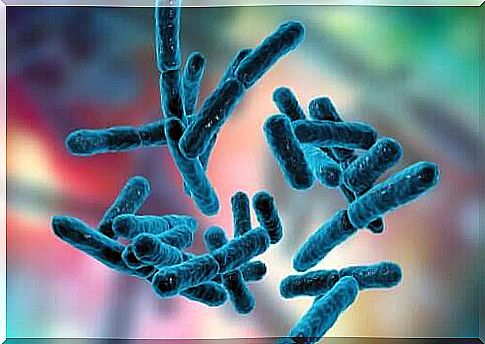
6) Preventing Digestive Discomfort in Dogs: Reduce Stress
Scientific studies have shown that stress disrupts the balance of the human gut microbiome. Similarly, digestive symptoms in dogs may worsen when the animals experience stressful situations.
In conclusion, there are two important aspects to consider when dieting digestive disorders in dogs. First, you need to exclude those components and feeds that could cause food allergies or sensitivities. Second, you should take targeted measures to positively influence the composition and metabolic activity of your dog’s gastrointestinal microflora.





